A LEVEL PLAYING FIELD IS A MUST
Published September 2021 by Poul Steen Rasmussen, CEO
It cannot come as a surprise to anyone that we must continuously get better at reusing the resources we already have – now as well as in the future. Over time, it has become common knowledge that the consumption of the 21st-century population is putting an immense pressure on our planet, our climate and our environment – and in the long run, this cannot last. We must make the most eco-friendly choices, we must recycle more, we must secure the future for the generations to come.
But if there are no precise rules to play by, navigating in the green universe can prove difficult for many companies; and the fear of losing large investments on this account can be terrifying for even the biggest players the in the market.
Being an environmentally conscious company, Genan is trying to solve a social problem – i.e. increasing consumption of tyres. And in no way do we wish to solve one problem merely to create another. But regretfully, the recycling industry is regularly forced to play defensively, because more or less unsubstantiated allegations against their recycled products prevail in the media; and nowadays, such rumours spread like wildfire.
A few years back, for instance, the amount of PAH (polycyclic aromatic hydrocarbons) in infill material for artificial turf pitches was a big talking point. Fact was that there are indeed PAHs in end-of-life tyres, from which infill is made; yet these PAHs are indissolubly bound in the material. Media focus was entirely on content – not on whether contents migrate thus causing actual damage. So even though the industry had dutifully tested in this field, media coverage gravely impacted the green, circular application of a recycled product. This made Mr. and Mrs. Jones anxious – and businesses too. And for no reason at all: In the EU, a 20 mg/kg limit value for PAH content in infill for artificial turf pitches was recently imposed – a threshold which we have always kept well below.
The whole PAH discussion is just one of more examples showing how disturbingly easy it is to harm and destroy a circular system nowadays. It goes without saying that we must be careful and critical about what we use for which purposes. But as a serious environmental company, we are of course only interested in solving whichever problems we might come to face; and we invest a lot of money in analyses and compliance. At Genan, we for instance extract approx. 10,000 samples and make around 1,000 cluster samplings annually in order to get a statistically valid picture of our PAH values.
Media attacks like this affect our ability as a society to recycle our worn-out products – and to put raw materials from recycling (RMR) to good use. The mining of the future will be to reuse all the things that we have already produced; but if companies with a green profile are set back by unsubstantiated yellow cards all the time, then waste streams are ruined; and growth conditions for sustainable, circular economies prove very difficult.
I thus have one plea. A plea that the political, regulatory environment will soon come to realise that we need to have some rules and frameworks to navigate by and act within. It is detrimental that the recycling industry is subjected to groundless attacks time and again. In time, the unpredictability will have intimidated businesses so much that they no longer dare invest in the sustainable solutions. A level playing field is a must!
I have worked for several different production companies, but I have never spent so much time defending my product as I do now that I am in the recycling industry. When so much energy is used to play ball within one’s own penalty area, society is in my opinion scoring an own goal.
GENAN HOLDING A/S
Jegindøvej 16
DK-8800 Viborg
Tel.: +45 8728 3000
VAT no.: DK36557656
E-mail: info-dk@genan.com
– Striving for a sustainable future!



